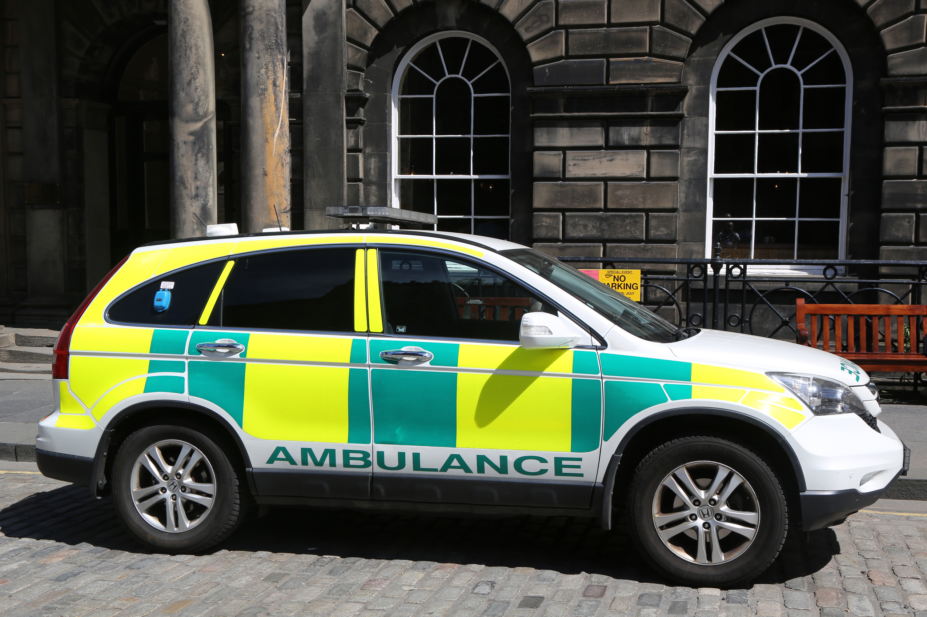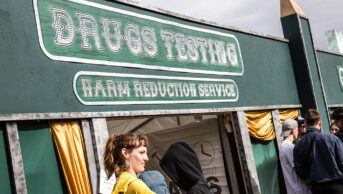
Shutterstock.com
The number of drug-related deaths in Scotland rose to 1,187 in 2018: a figure 27% higher than the previous year, according to data from National Records of Scotland.
The largest increase in drug-related deaths were seen in those aged 35–54 years, with males accounted for 72% of the deaths. Scotland now has the highest rate of drug-related deaths in the EU — three times higher than across the UK as a whole.
In most cases, the report says, deaths occurred in those that had taken more than one drug. Opiates or opioids (including heroin/morphine, methadone, codeine and dihydrocodeine) were implicated in 86% (1,021) of the deaths reported, and “prescribable” benzodiazepenes (including diazepam) were implicated in 20% (238) of the deaths. Gabapentin and pregabalin were implicated in 31% (367) of cases and new psychoactive substances in 575 deaths.
In 86% (1,017) of cases, “accidental poisoning” was identified as the underlying cause of death.
Across NHS board areas, Greater Glasgow and Clyde had the highest number of drug-related deaths (394), followed by Lothian (152). None were reported in Shetland, and the Western Isles and Orkney recorded 2 deaths and 3 deaths, respectively.
Earlier in July 2019, the Scottish government appointed pharmacist Catriona Matheson to chair a newly-created Drug Deaths Taskforce, aimed at addressing the increasing number of drug deaths in Scotland.
Matheson, professor in substance use at the University of Stirling, said in a statement following her appointment that she was “honoured to accept this responsibility to deliver real change through a strengthened public health approach”.
“I am keen to examine the evidence and work across the landscape, involving those with lived experience of drug use and their families. We need to be bold in our thinking and our actions to reverse the trend, recognising that behind the statistics is personal tragedy,” she said.


